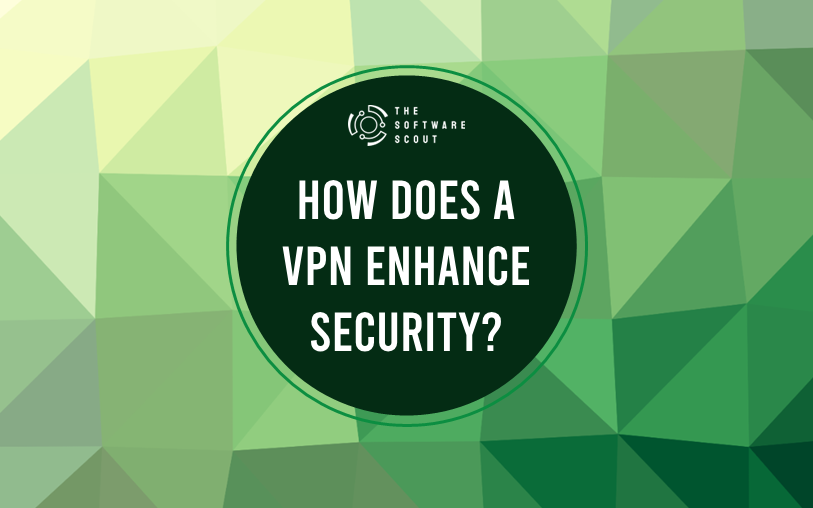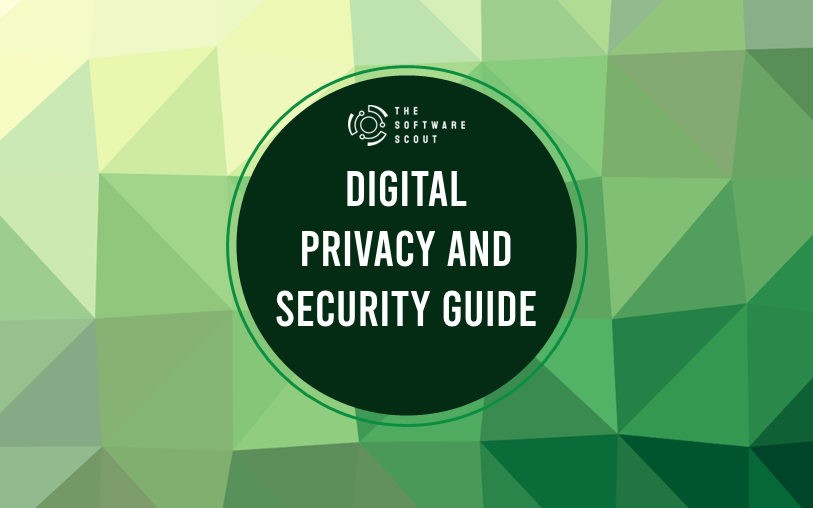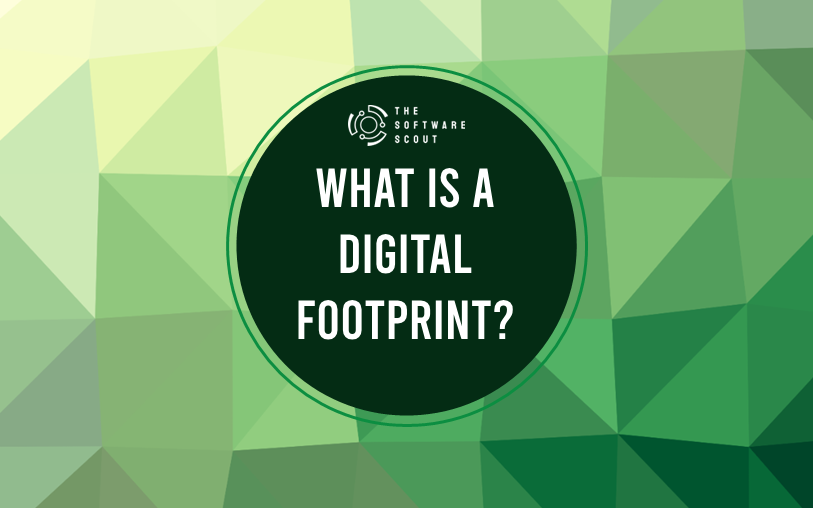Staying safe online involves more than just installing antivirus software and avoiding suspicious links.
Many individuals and companies are turning to Virtual Private Networks (VPNs) to shield their data and maintain privacy in different online environments. These services often come up in discussions about cybersecurity, but it can be tough to figure out exactly how they work and what sets them apart from other solutions.
ere’s a closer look at how VPNs strengthen security measures and why they’ve become a staple for both casual users and businesses around the globe.

Understanding the Basics of VPN
A VPN, or Virtual Private Network, is a technology designed to create an encrypted tunnel for all your internet traffic.
When someone connects to a VPN server, their data gets scrambled using encryption algorithms, making it nearly impossible for unauthorized parties to intercept or interpret that information. This setup is especially useful when dealing with sensitive data such as passwords, financial transactions, or proprietary company files.
VPNs also help by disguising the user’s IP address. Every device that connects to the internet has an IP address that can indicate location and identity. A VPN hides that address by providing a virtual location through one of its servers, giving internet users anonymity.
This feature is essential for people concerned about data snooping from internet service providers (ISPs), advertisers, or even government agencies.
Modern VPN services often use a variety of tunneling protocols, each with its own way of packaging and sending data through secure, virtual “tunnels.” Some protocols emphasize speed, while others focus on advanced encryption.
Understanding these protocols allows users to pick a VPN that suits their needs, whether they prioritize streaming performance or the strongest available security standards.
The Role of Encryption
Encryption works by converting data into unreadable text, using a mathematical key that only authorized recipients possess. If an intruder manages to capture the data, it will appear scrambled and unusable. This is crucial for tasks like logging into bank accounts, sending corporate emails, or exchanging legal documents. Without encryption, hackers on the same network could intercept sensitive information. VPNs address this problem by wrapping every piece of data in a layer of protective code.
Different VPN services can employ various encryption standards, often measured by bit-length (like AES-256). A higher bit-length usually means stronger security, although it may require more computing power. Even so, most modern devices handle AES-256 efficiently, ensuring that connections remain both secure and relatively quick.
Tunneling Protocols
Tunneling protocols establish how data moves through the secure tunnel. Common protocols include OpenVPN, IKEv2/IPSec, and WireGuard. Each protocol has a different approach to speed, security, and resource usage:
- OpenVPN: A popular open-source protocol known for its balance of security and performance.
- IKEv2/IPSec: Often praised for quick reconnections, making it ideal for mobile users who switch between Wi-Fi and cellular networks.
- WireGuard: A newer protocol designed to be faster and more efficient, with fewer lines of code for easier auditing and potential improvements in performance.
Selecting a protocol that aligns with specific needs can have a big impact on the quality of the VPN experience. For basic users, sticking with a VPN’s default protocol might suffice, but those with unique requirements can experiment to find the right match.
IP Masking for Anonymity
Besides encrypting data, VPNs route your traffic through different servers around the world. This practice masks your original IP address, effectively shielding your real location. Websites you visit only see the VPN server’s IP instead of your personal IP. This technique protects you from targeted advertising, offers a layer of defense against geo-tracking, and can circumvent certain censorship measures.
Some users also appreciate this for streaming services, as connecting to a VPN server in another country can grant access to content libraries that might not be available locally. While the main focus remains security, this bonus feature often appeals to those who want more internet freedom without worrying about invasive tracking or artificial limitations.
ELI5 – How Does VPN Enhance Security?
Imagine you’re sending a secret message to a friend across a crowded room. Without protection, anyone nearby can hear what you’re saying. But what if you put the message in a locked box and only your friend has the key to open it? That’s kind of what a VPN does for your internet activity. It creates a private tunnel for your data and locks it up so no one else can see or steal it. This means your online activity stays safe and hidden, even if someone is trying to snoop. Whether you’re at home, in a coffee shop, or traveling, a VPN helps keep your secrets safe from prying eyes.

Real-World Use Cases
VPNs benefit individuals and organizations in ways that often go unnoticed in everyday scenarios. The concept might sound abstract, but there are plenty of real-life moments when a VPN becomes essential.
Securing Public Wi-Fi
Public hotspots found in coffee shops, airports, or libraries usually lack strong security measures. Hackers can set up rogue access points or snoop on unencrypted data passing through the network. Connecting to a VPN neutralizes this threat by scrambling traffic before it leaves your device. Even if someone tries to eavesdrop, they’ll only see indecipherable data.
This safeguard is vital for people who work remotely or travel frequently. Logging into an email account or checking bank statements on an unprotected public network is risky. A VPN adds an extra layer of protection, making it much harder for cybercriminals to extract useful information.
Protecting Sensitive Data
Companies that share files and financial details within teams often adopt VPNs as part of their standard cybersecurity policy. Instead of sending documents in plain text or relying on potentially insecure cloud platforms, businesses use VPN tunnels to protect data at rest and in transit. Team members can safely upload and download files without worrying about leaked information, especially if the company has remote workers or multiple office locations.
A secure VPN solution can also integrate with other corporate security tools like firewalls and intrusion detection systems. This arrangement provides end-to-end security for sensitive operations, limiting exposure to external threats and giving IT administrators more control over who can access internal networks.
The Role of VPN in Remote Work
Businesses worldwide continue to expand their remote work policies, whether employees work from home occasionally or are permanently offsite. Security remains a top priority, and VPNs play a significant role in ensuring that employees can connect to company resources without exposing the network to unauthorized access.
Potential Threats in Remote Work
Team members who log in from home, hotels, or shared workspaces might not have a secure network infrastructure. Personal devices can be less protected than corporate machines, opening up possibilities for malware infections or data breaches. Criminals often target remote workers, recognizing that they might click on phishing emails or connect to unsecured networks more frequently than in-office employees.
Without a VPN, all data travels through the home network or a public Wi-Fi hotspot. Attackers can exploit weaknesses like outdated routers or compromised access points. A reliable VPN connection mitigates this risk by redirecting all internet traffic through the company’s secured environment. Hackers see only encrypted information, making it extremely difficult to identify or intercept valuable data.
Best Practices for Corporate VPN Usage
Proper implementation is key to successful corporate VPN use. Companies typically enforce strong authentication methods, such as requiring unique usernames and complex passwords. Multi-factor authentication (MFA) might include receiving a text message code or using an authentication app, ensuring that a compromised password by itself doesn’t lead to a breach.
Organizations should also train employees on essential security habits, like checking for software updates and using antivirus software in tandem with their VPN. Regular training sessions and updated protocols can drastically reduce the odds of a security incident. Some companies even implement network segmentation, where VPN users can only access certain parts of the corporate network based on their role. This approach ensures that a single compromised account doesn’t grant unfettered access to the entire system.
Advanced Security Features
VPN services often include extra functions that enhance overall protection. These features can make a meaningful difference when dealing with advanced threats or highly sensitive data.
Multi-Factor Authentication
Relying solely on a password to protect VPN access can be a weak point in the chain. Multi-factor authentication (MFA) addresses this issue by asking users to confirm their identity in more than one way. Common MFA methods include:
- SMS or Email Codes: Logging in triggers a code sent to the user’s phone or inbox.
- Hardware Tokens: Physical devices that generate time-limited codes.
- Authentication Apps: Apps like Google Authenticator or Authy that produce tokens.
This process significantly lowers the risk of unauthorized access. If a hacker acquires a password, they still can’t connect to the VPN without the second factor. For companies managing large teams, enabling MFA is often seen as essential, especially when employees handle high-value information or financial data.
Strict No-Logging Policies
Many premium VPN providers promise not to keep detailed logs of customer activity. This policy means they don’t store records of browsing history, connection timestamps, or data transferred. Having no logs ensures that even if external parties demand information, the VPN company has little to turn over. It also means that a security breach at the VPN provider’s servers won’t automatically reveal users’ personal data.
Though this pledge can boost trust, it’s vital to verify. Some providers undergo audits by independent firms to confirm their no-logging practices. If privacy is a major concern, it’s wise to look for these audit reports or choose a VPN with a proven track record of protecting user data.
Potential Drawbacks and Limitations
VPNs aren’t perfect solutions. While they address many security vulnerabilities, users should weigh certain disadvantages to ensure that a VPN is the right fit for their situation.
Impact on Connection Speed
Encrypting and routing traffic through remote servers often introduces extra steps in data transmission. This can slow down internet speeds, which might become noticeable while streaming high-definition video or participating in real-time gaming sessions. The distance between your actual location and the VPN server also matters. Longer distances can create more latency.
Services with expansive server networks can minimize speed issues by allowing you to pick servers closer to your location. Paid VPN subscriptions often deliver better performance because they have more resources to maintain a stable, high-bandwidth infrastructure. It’s often a good idea to test a VPN’s speed using free trials or money-back guarantees.
Government Restrictions
Some countries impose strict regulations on VPN use or outright ban certain services. Government firewalls and network-level restrictions can block known VPN server IP addresses, making it hard to establish a connection. Users who travel or reside in these regions might face challenges accessing foreign websites or encrypted services.
Workarounds exist, such as “stealth” or “obfuscated” servers that disguise VPN traffic as regular web traffic. However, these methods are not always foolproof. Businesses or individuals dealing with sensitive data should check local laws to ensure compliance and consider potential backup communication methods if a VPN becomes unavailable.
Criteria for Choosing a Secure VPN
Selecting a trustworthy VPN can feel overwhelming, especially with so many options promising top-notch security features. Focusing on specific criteria helps narrow down the choices.
Logging Policy
The logging policy deserves close attention. A provider that doesn’t store logs offers an extra layer of privacy. It’s wise to check if a third-party auditor has confirmed the VPN’s claims. An external review increases confidence that they won’t sell user data or hand over detailed records to authorities.
Server Distribution
A wide network of servers, spanning multiple countries, typically indicates a more capable VPN provider. This matters for both speed and flexibility. If a local server is available, you’ll likely enjoy better performance. Additionally, having servers in different regions allows users to bypass geographical restrictions on streaming or web content. A diverse server spread is also a plus for businesses that want to connect international teams with minimal latency.
Price and Customer Support
VPN subscriptions range from free to premium, and the adage “you get what you pay for” often applies. Free services may fund their operations by inserting advertisements or collecting user data for third parties. Paid options usually offer stronger encryption, faster servers, and better customer service.
Customer support channels, such as live chat or email, can be invaluable if connection problems arise. It’s advantageous to select a VPN provider known for quick response times and helpful troubleshooting guides. That way, if you run into technical difficulties, you won’t have to navigate them alone.
Practical Security Tips
Even with a VPN, staying secure online requires attention to best practices. Adopting a comprehensive approach makes your defenses more effective.
Common Mistakes
One mistake is forgetting to reconnect your VPN after waking a device from sleep or hibernation. Some services disconnect quietly and don’t always reconnect automatically. Checking the VPN’s status periodically helps avoid sending unencrypted traffic.
Another issue is storing VPN login credentials on devices that aren’t password-protected. If your phone or laptop is lost or stolen, an unauthorized party might access your VPN account. Protecting your devices with a passcode or biometric security feature is an easy and effective safeguard.
Combining VPN with Other Security Measures
A VPN works best alongside other protective tools. Firewalls, antivirus programs, and intrusion detection systems each address different parts of cybersecurity. For example, while a VPN encrypts your traffic, a firewall can block suspicious connections, and antivirus software can catch malware.
Strong password management is also key. Passwords should be unique and complex, making it hard for hackers to guess them. If possible, use a reputable password manager to generate random passwords for every website. This way, a single breach won’t compromise every account you own.
Businesses might also adopt zero-trust frameworks, where no user or device is automatically trusted, even if they’re inside the corporate network. VPN access then becomes just one part of a broader system designed to verify every connection and resource request. This layered approach to security leaves little room for attackers to move freely within a network.
Putting All the Pieces Together
Securing digital activity involves multiple steps, and a VPN acts as a core pillar of that strategy. By encrypting data and masking IP addresses, it lowers the likelihood of data breaches, eavesdropping, and targeted cyberattacks. Whether you’re an individual who streams content and shops online or a business managing a distributed workforce, implementing a reliable VPN can make a significant difference. Here’s a simplified view of how it all ties together:
| Aspect | Why It Matters | How VPN Helps |
| Encryption | Protects data from prying eyes | Scrambles traffic using secure algorithms |
| IP Masking | Shields your true location and identity | Reroutes through remote servers |
| Secure Protocols | Balances speed and security | Offers various tunneling protocols |
| MFA | Adds an extra layer to logins | Requires additional authentication steps |
| No-Logging | Maintains privacy | Avoids storing user activity and metadata |
It’s also worth noting that not all VPNs deliver the same level of protection or performance. Therefore, doing a bit of homework before subscribing can save a lot of frustration later on. Read user reviews, look for independent security audits, and compare pricing. Once you’ve chosen a VPN, configure it properly and pay attention to any software updates that improve security or stability.
My Final Thoughts
VPNs deliver a robust security foundation by encrypting data, masking IP addresses, and offering advanced features like multi-factor authentication. They serve as an essential line of defense for anyone connecting to the internet, whether for everyday tasks or specialized business operations. By combining a trustworthy VPN with smart online habits—such as using strong passwords, staying current with security updates, and remaining cautious about suspicious links—you create a well-rounded strategy that keeps personal and professional data out of the wrong hands.
A good VPN doesn’t just protect what you send—it protects who you are and where you’re located. The idea of being tracked, profiled, or hacked can be unsettling, but effective encryption and privacy features can alleviate those concerns. Companies that handle large volumes of confidential data rely on these services to keep proprietary information safe from digital threats. Individuals who value personal privacy find reassurance in knowing their online footprints are hidden from prying eyes.
While no single tool can guarantee perfect security, a VPN is a great step toward safeguarding your digital life. If you’re evaluating ways to tighten up your defenses against cybercriminals, unstable networks, or snooping intermediaries, this technology offers a proven path to stronger data protection. By selecting a reputable provider and following best practices, you’ll gain peace of mind that your sensitive information remains under wraps, no matter where you connect or what you do online.
Boyd Hudson is a technology writer at The Software Scout with over 15 years of experience in technology roles across the Asia-Pacific region. He covers a wide range of tech topics, from software solutions to emerging industry trends

